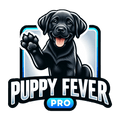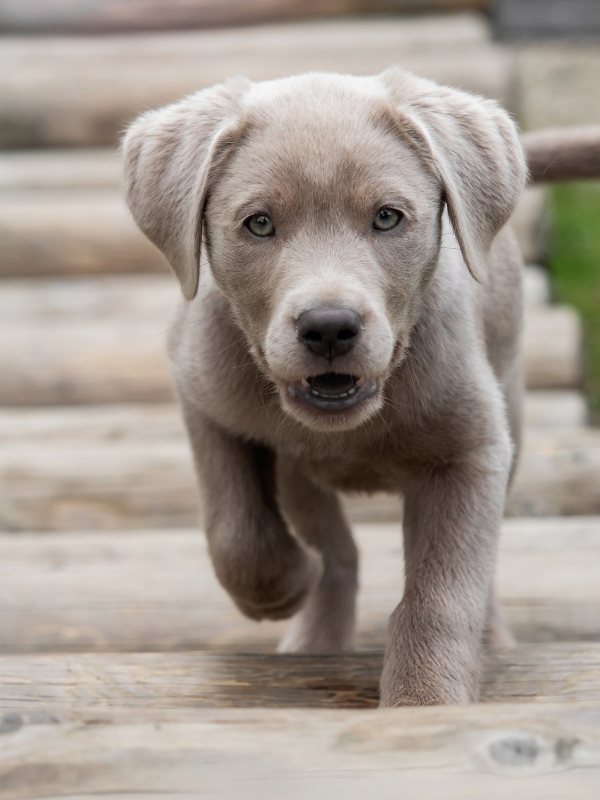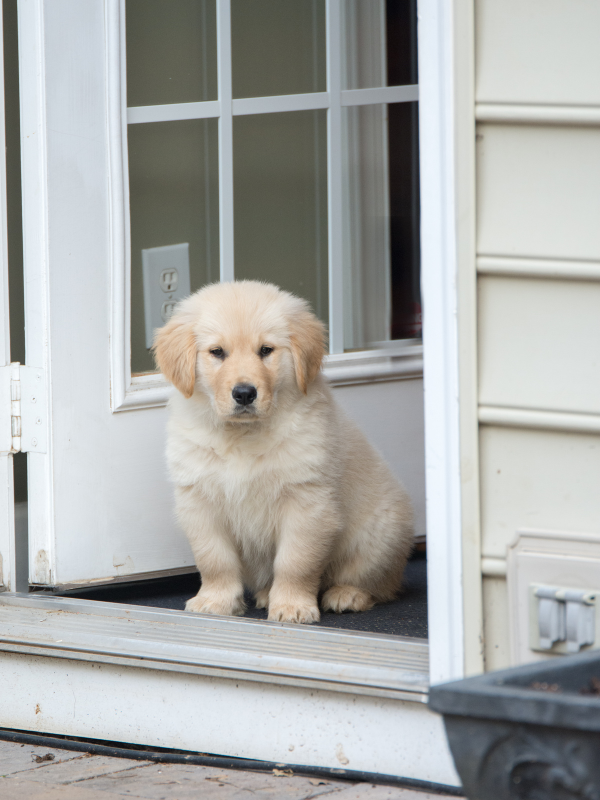737-215-3211

Unraveling the Mystery: Common Puppy Problems and Solutions
Welcoming a puppy into your life is like embarking on an exciting yet challenging journey. A roller coaster of sorts. On one hand, there are sweet cuddles, puppy kisses, and the undeniable joy they bring to your life. On the flip side, there are the sleepless nights, chewed-up shoes, and puddles on the floor. But hey, don't fret! We've got you covered with a deep-dive into common puppy problems and solutions, packed with expert tips and tricks.
Common Puppy Problems and Solutions: The Basics
Becoming a pet parent is a learning process. Let's walk you through some of the most common problems you may encounter, and how to overcome them. This way, you’ll be well-prepared to handle any curveballs your new pup might throw your way.
1. House Training Woes: Potty Training Your Puppy
One of the first hurdles to overcome is potty training. Teaching a puppy where and when to relieve themselves can be a daunting task. They have tiny bladders and often can't hold it for long. But with patience, consistency, and a dash of understanding, you'll make it through!
Solution: Regular Breaks and Consistency
Take your pup outside every hour or two. Always praise them when they do their business in the right place. A regular feeding schedule will also help regulate their bathroom habits. Remember, consistency is key!
2. Unwanted Chewing: When Everything Becomes a Chew Toy
If your favorite pair of shoes just turned into your puppy's latest chew toy, you're not alone. Puppies explore their world through their mouths, and their teething process can make chewing irresistible.
Solution: Offer Safe Chew Toys
Keep a variety of safe, dog-appropriate chew toys around. Redirect your puppy to these when they start chewing on something they shouldn’t. Make sure you praise them for chewing on their toys to encourage this behavior.
3. Excessive Barking: The Soundtrack of Puppyhood
Barking can be a form of communication or a cry for attention. It can also become an issue if it's excessive, especially in the wee hours or when you're trying to work from home.
Solution: Figure Out Why and Address It
Identify the cause of the barking. Is it due to boredom, fear, or attention-seeking? Once you've determined the cause, address it directly. Provide plenty of exercise and mental stimulation, desensitize them to triggers, and establish a quiet routine.
4. Puppy Nipping: When Playtime Turns Painful
Nipping and biting are natural behaviors for puppies. They learn how to control their bite from their littermates. However, in a human household, it can be harmful and needs to be addressed.
Solution: Teach Bite Inhibition
When your puppy nips, say "ouch!" in a high-pitched voice, and stop interacting with them for a few moments. This helps them understand that biting ends playtime. You can also redirect their biting to a toy.
5. Separation Anxiety: Coping with Alone Time
Many puppies struggle with being left alone. They may whine, bark, chew, or even eliminate when separated from their favorite humans.
Solution: Gradual Desensitization
Start leaving your pup alone for short periods and gradually increase the time. Provide interactive toys to keep them occupied. Crate training can also be beneficial.
FAQs on Common Puppy Problems and Solutions
Having a puppy often comes with a lot of questions. Let’s tackle some of the most commonly asked ones:
1. How long does potty training a puppy take?
It varies, but most puppies can be house trained within four to six months.
2. How can I get my puppy to stop chewing on furniture?
Offer appropriate chew toys and use deterrent sprays on furniture. Positive reinforcement when they chew on their toys can also help.
3. What can I do if my puppy barks at night?
Establish a regular sleep routine. Make sure your pup has had enough exercise and a bathroom break before bedtime.
4. How can I stop my puppy from biting me?
Teach bite inhibition. Redirect biting towards toys and always reinforce good behavior with praise or treats.
5. What are signs of separation anxiety in puppies?
Excessive barking, whining, destructive behavior, and accidents in the house when you’re gone are common signs.
6. How can I help my puppy with separation anxiety?
Start by leaving your puppy alone for short periods. Gradually increase the duration. Use toys to distract them.
Conclusion: The Puppy Parent's Journey
Raising a puppy is a rewarding yet challenging task. With the insights on common puppy problems and solutions outlined in this article, you're now equipped to tackle these hurdles with aplomb. Remember, patience, consistency, and love will pave the way to a happy and healthy bond with your new furry friend.




Leave a comment